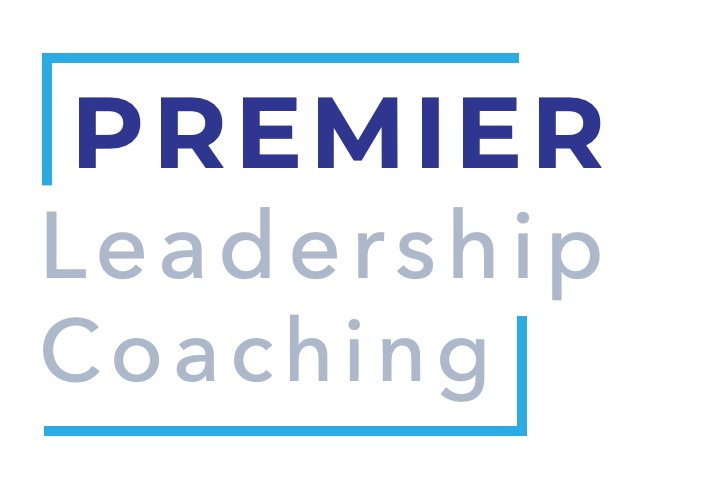The concept of “meeting preparation” is nothing new. Most everyone conducts research prior to appointments, interviews, presentations, sales pitches, and the like. In this day and age, there is no excuse not to. The Internet has made research so easy. Google, LinkedIn, Facebook, company websites have turned us all into spies. You almost always can figure out who you know that knows the person with whom you are meeting and you can get the scoop.
This approach is appealing because it is all done behind the scenes. You can find out what you need to know without anyone knowing about it. We think that by getting information in this way, we create the impression that we “know it all.”
WARNING! While, not completely untrue, investigating in this way is deceptive. For one, there is a limit to what you can uncover using this approach. There are pieces of information that working in the background will not uncover. Moreover, because you are not receiving the information directly from the source it may be inaccurate, out of date, or screened for public consumption.
No matter. There is no reason to worry. There is a way to get good information. In fact, the best way to find out everything you want to know is so obvious that it is often overlooked.
Think about the last time you went to a restaurant. What did your waitperson do? He said something like: “Do you want lemon with your water? Would you like to hear our specials? How do you want your steak? Would you care for dessert? Is there anything else I can get you?”
Now imagine that instead of asking you for your order, the waitperson ran a Google search for your favorite foods, looked at your Facebook “likes”, and asked your LinkedIn contacts. Odds are you would not get what you wanted. I bet you would be thinking, “Why did he waste all that time doing that other stuff? If he asked me what I wanted, I would have told him.”
PLOT SPOILER. So, here’s the secret. If you want to know what your client is thinking, ASK.
Oftentimes we know what we want to discuss and accomplish, but remain unclear about the other party’s motives. We don’t know why the other person dedicated time to the meeting or their time frame, budget, concerns, and desired outcomes. Quite simply, we do not know what they want. In fact, sometimes we don’t even know their meeting agenda.
If at the conclusion of your meeting you answer these questions with: “I assume, think, and wonder” or “probably and usually” it isn’t a reflection of the quality of your research, but, rather, of the intensity of your questions.
In the spirit of asking powerful questions, I’ve got a couple. “What do you want?” “Do you want people scratching their heads wondering what their meeting with you was all about?” “Wouldn’t you rather have them think that you are a person who generated a discussion about the things that really matter?”
